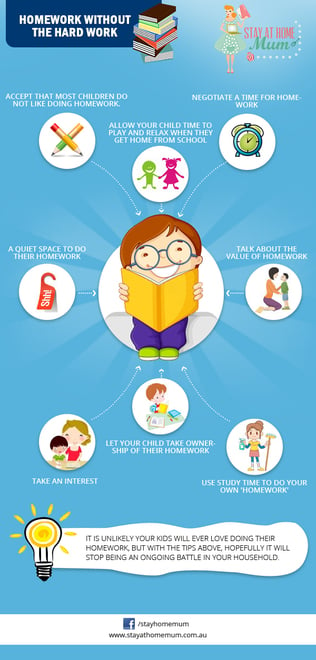Keeping Speech Therapy Fun – Tips for Parents
Families are busy, and sometimes all that busyness means stressed, over-scheduled children who are exhausted from homework, sports, and more. If your child is in speech therapy, he or she might be frustrated, overwhelmed, or even bored with the routine of including speech therapy techniques at home. There are easy ways, however, to help you and your child keep speech therapy fun while still managing the rest of their responsibilities and activities.
Become a Partner with Your Child’s SLP for Speech Therapy Fun
The first step you should take in order to encourage more speech therapy fun at home is to meet with your child’s SLP to create a plan that works for everyone. Find out precisely what the SLP’s goals are for your child and learn more about your child’s disorder and the techniques that are used during therapy sessions. Then you can ask the SLP for ideas to keep the fun in speech therapy homework.
Put Together a Speech Therapy Homework Binder
This is a great way to get your child’s SLP on board with fun activities for speech therapy at home. Your child can do things on the go, such as working as a Speech Detective to find words that contain the target sounds and recording them in the binder.
Keep Speech Therapy and Academic Homework Separate
School homework can be overwhelming enough, especially if your child struggles with communication disorders. Instead of lumping school and speech homework together onto your child’s plate, keep them separate and use different motivations for each.
- Build a homework zone for schoolwork that is free of distractions and is tailored to your child’s learning style.
- Keep a motivation chart for speech therapy that provides incentives and positive reinforcement.
- Integrate as much of the speech therapy homework into regular routines and activities. The goals of speech therapy are often to help children learn to communicate in daily life, so provide opportunities for your child to actively practice speech instead of completing one more worksheet or formal assignment.
- Incorporate time goals, such as working on speech therapy for 20 minutes, taking a 10 minute break, and then choosing a homework task for 20 minutes.
- Work with your child’s SLP to find some apps for speech therapy. Screen time often doesn’t feel like homework time for kids, so you’ll be able to provide that necessary practice for your child without making him feel like he has another homework assignment.
Use What Your Child Already Loves
If your child is supposed to work on articulation homework for the /r/ sound, maybe you can take his love of cars and work through his homework without him even realizing it. Often speech therapy at home consists of practicing the skill that causes struggle. Have your son tell you all about his favorite cars, encourage him to tell you stories about his cars, and maybe even head to the car dealership to do some window-shopping.
Do Homework in the Car
Many families spend a fair portion of their time just travelling from one activity to the next, so take advantage of this time where your child is corralled and use some of these great ideas for speech therapy in the car, including 20 Questions and Speech Sound Therapy for practicing specific speech skills.
Make a Magazine Collage for Target Sounds
Use up some of those old magazines that are just hiding under the table and have your child cut out pictures that have the target sound your child is to be practicing – maybe finding /sh/ pictures like shoes or shadows.
Modify a Game for Speech Therapy Fun
Speech therapy homework doesn’t have to look like rote Algebra homework in order for it to be effective. Take a favorite board game of your child and modify it to include the skills your child needs to practice for speech therapy. You can make your own special deck of speech therapy cards like this (if you laminate them they’ll last longer) and use it to replace an original set.
Keep a positive attitude about your child’s speech therapy homework and remember to have patience with your child has he or she works to improve communication skills. You’ll both find this easier when you take the work out of homework to increase speech therapy fun for your child. Those extra minutes you spend each week working with your child on speech therapy homework will pay dividends in the future.




